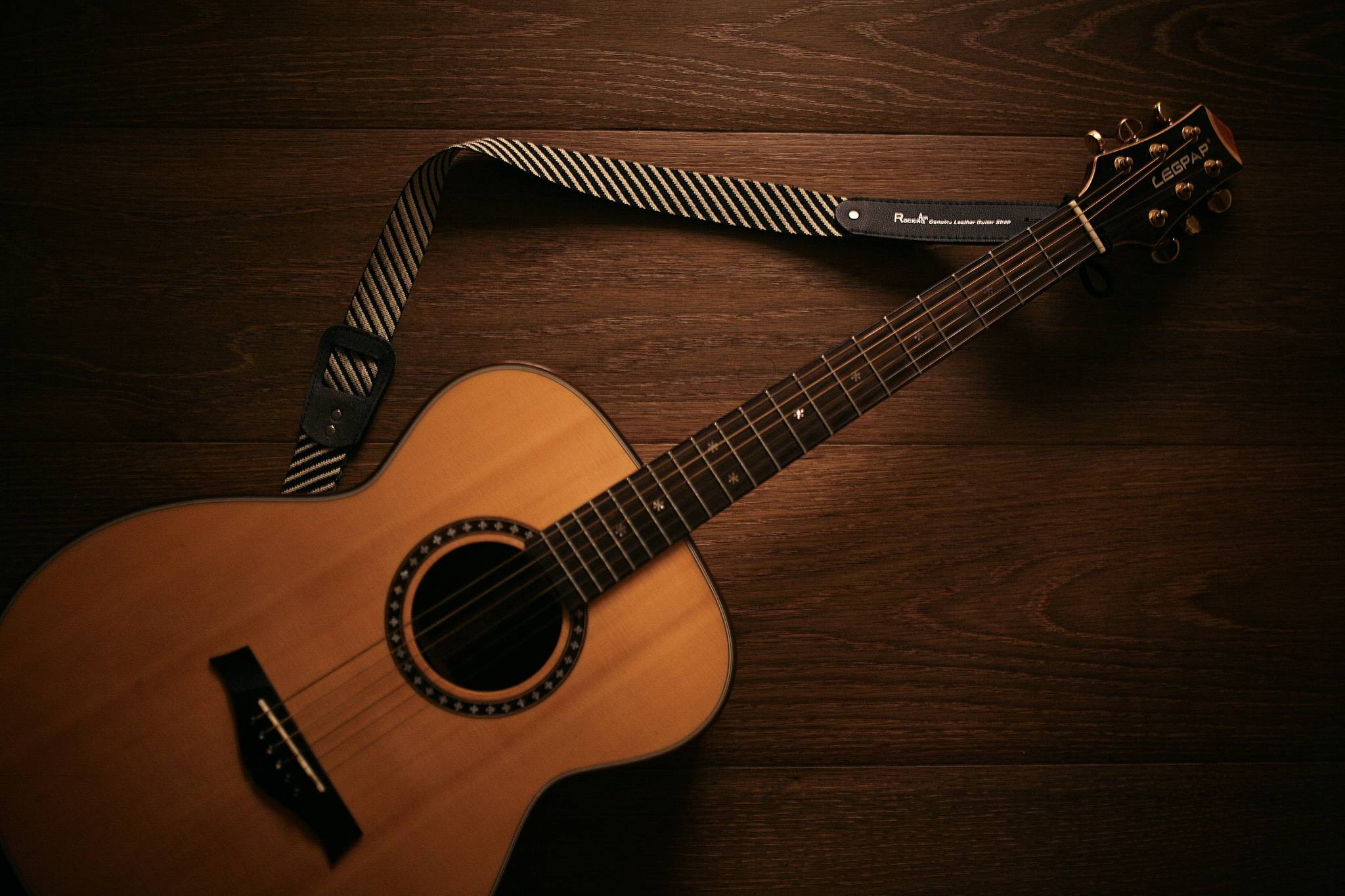By Alexander B. Dolitsky
I first arrived in America on Feb.1, 1978. An agent of the Immigration and Naturalization Services greeted me at the John F. Kennedy Airport in New York. He gave me $8, a small booklet titled “Introduction to a New Life,” a packet titled “United States Refugee Program,” and wished me “Good Luck!” On that same day, I traveled to Philadelphia, where my new life began as an immigrant in America.
Three to four months later, a rumor went around among the Russian immigrant community in Philadelphia that Vladimir Vysotsky, a popular actor, poet and singer, would perform at the Doral restaurant in the northeast part of the city. Tickets cost $10, which at that time was a substantial sum for newly arrived immigrants. But I scraped together the money for a ticket and went to the Vysotsky concert.
I knew Vysotsky’s songs well. Having been a student of the history faculty of Kiev Pedagogical Institute, I had participated in archeological expeditions and always listened with enthusiasm, either to his own recordings, his songs around a fire, or among a small circle of friends. In the U.S.S.R., Vysotsky, an ideologically controversial character, in a majority of cases, performed at factory concert halls or in other unassuming venues and in cultural clubs. It was practically impossible to attend one of his concerts in the former Soviet Union due to a high interest for his performance or security reasons engineered by the internal police.
In the spring of 1978, some 150-200 people, all Russian immigrants (approximately 300 immigrant families lived in Philadelphia in the 1970s), were crowded into the Doral restaurant auditorium in northeast Philadelphia. Representatives of Soviet authority from the Russian Embassy in Washington, D.C., were also present, standing in various corners of the hall and looking intently over the assembled crowd. Their mere presence evoked a feeling of caution, tension and fear borne of past years in the Soviet Union.
On the stage was a stool, and near this stool one of the concert organizers had placed a bottle of vodka with a cut glass. A short time later, Vysotsky quietly came on stage with his guitar and, without looking out over the attendees in the hall, sat on the stool and turned to the audience: “Please, do not send me notes with requests. I will sing only what I want or can to sing.”
The audience did not respond to these words; he began to perform, one song after another, without commentary and particular emotion. The concert lasted 40-50 minutes. Vysotsky did not drink the vodka.
My second, but at that time not personal, encounter with Vysotsky occurred in the summer of 1990, in Altay (mountains in Russia north of Mongolia) where, along with students of the history faculty of Krasnoyarsk University, I was conducting an archeological investigation of the Denisov Cave. Academic Anatoliy Panteleyevich Derevyanko, on behalf of the Siberian Branch of the Academy of Sciences of the U.S.S.R., had invited me to Akademgorodok (a large scientific center in Western Siberia) in Novosibirsk for three months to participate in the archeological expedition in Altay. By this time, I had already lived in America for 12 years and had become a U.S. citizen.
Vysotsky was no longer living; he had died in Moscow, with a long and sad account of his last days under the influence of many drugs, in July of 1980 at the age of 42. But he remained in the memory of those who loved his lyrics and open-minded songs. At the conclusion of the archaeological expedition, the students with whom I had worked in Altay gifted me a book of Vladimir Vysotsky’s verses titled “Klich” (“call” or “summons”). The book was already quite worn and, it appeared, read many times by many people. On the first page of the book the students had written: “To our friend Alex from his Soviet student historians. Denisov Cave – ‘90’.”
These were my encounters and are my recollections regarding Vladimir Vysotsky, one of the instigators and pioneers of glasnost (“the opening”) in the former Soviet Union, that took place long before Mikhail Gorbachev’s socio-economic reforms in the mid-1980s.
• Alexander B. Dolitsky was born and raised in Kiev in the former Soviet Union. He received an M.A. in history from Kiev Pedagogical Institute, Ukraine, in 1977; an M.A. in anthropology and archaeology from Brown University in 1983; and was enroled in the Ph.D. program in anthropology at Bryn Mawr College from 1983 to 1985, where he was also a lecturer in the Russian Center. In the U.S.S.R., he was a social studies teacher for three years, and an archaeologist for five years for the Ukranian Academy of Sciences. In 1978, he settled in the United States. He lived first in Sitka in 1985 and then settled in Juneau in 1986. From 1985 to 1987, he was a U.S. Forest Service archaeologist and social scientist. He was an Adjunct Assistant Professor of Russian Studies at the University of Alaska Southeast from 1985 to 1999; social studies instructor at the Alyeska Central School, Alaska Department of Education from 1988 to 2006; and has been the Director of the Alaska-Siberia Research Center from 1990 to present. Columns, My Turns and Letters to the Editor represent the view of the author, not the view of the Juneau Empire. Have something to say? Here’s how to submit a My Turn or letter.

